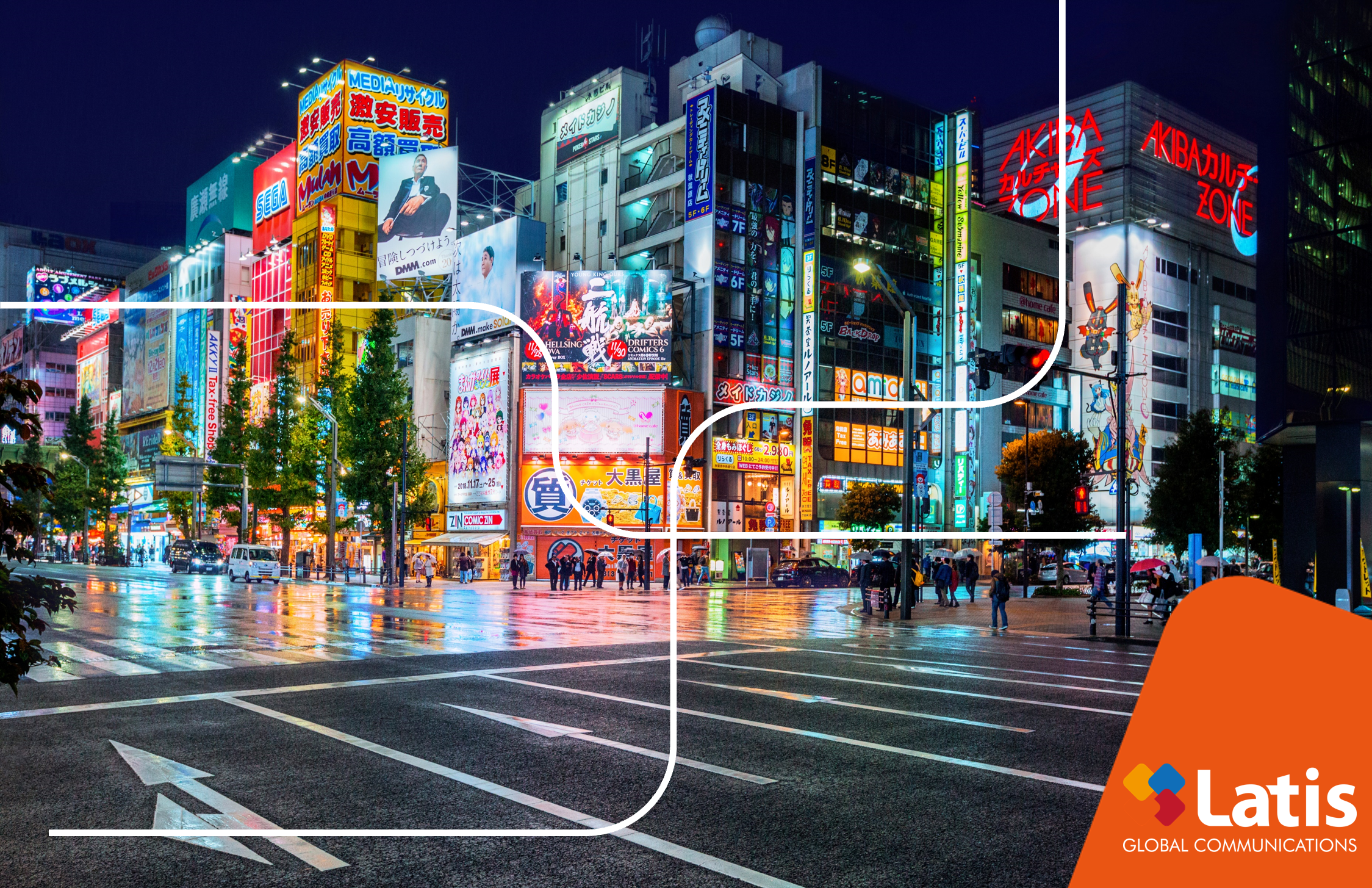
The Japanese gaming industry has undergone tremendous changes in recent years, evolving from simple productions to an integrated entertainment industry that impacts various industries. At the center of these changes is game localization, as it plays a crucial role in the international expansions of the gaming market. At present, many game developers are making efforts to ensure that users from various countries can easily access their games by localizing them according to each countries’ cultures as it enters different markets overseas.
Today, we at Latis Global, a company providing professional localization services for overseas markets, will look at how global games entering the Japanese market have localized, a market that traditionally has been a global powerhouse when it comes to gaming.
Cases Where Global Games Targeted the Japanese Gaming Market Through Localization
Japan has been an industry leader in gaming since the early days of video games. Global gaming companies such as Nintendo, Sony, and Sega, were all established in Japan. One of the biggest markets in the world, the Japanese gaming market is also lively, dynamic market that continues to evolve and thrive as seen with its dedicated fans and a history rich in game development and innovation.
Let’s take a look at some of the games that grabbed the attention of Japanese gamers as well as became hugely popular, all because of game localization.

Grand Theft Auto (GTA)
When Rockstar Games localized Grand Theft Auto upon its entrance into the Japanese market, it changed the game significantly to appeal to Japanese gamers. The deletion or edit of certain violent scenes deemed inappropriate Japanese sensibilities is one such example. Audio commentary in Japanese as well as a new radio station featuring popular songs in Japan was also added. With these changes, Rockstar Games showed the amount of effort made to ensure seamless immersion in GTA for all Japanese gamers.
Whilst cultural elements in the game was an issue, the language barrier was the most challenging part of GTA’s localization. To solve this problem, Rockstar Games hired a professional team specializing in Japanese translation to work on the translations of game scripts, subtitles, and other texts. They also teamed up with consultants specializing in Japanese culture, modifying in-game curse words and jokes to provide a deeper understanding to Japanese gamers. Furthermore, the team revamped the controlling system to fit their preferences. Thanks to all their efforts, GTA has been given high praise by the Japanese for its immersive gameplay and painstaking attention to detail regarding their culture.

Minecraft
Minecraft is a sandbox video game developed by a Swedish game developer, Mojang Studios. First released in 2012 on XBOX 360 in Japan, it was later launched in various platforms. The Japanese localization process for Minecraft involves not only text translations, but modification of graphics and gameplay to fit the Japanese market.
A notable aspect of Japanese localization is the development of a new tutorial mode designed specifically for Japanese Minecraft gamers. In this mode, a character speaking Japanese makes an appearance to guide them, providing detailed explanations of the game mechanics to the player.
Moreover, this localization was carried out being mindful of Japan’s cultural differences and preferences towards its traditional architecture, culture, and art. As a result, a variety of elements influenced by Japanese culture were added to the game, including cherry blossom trees, traditional Japanese gates, and a map of Japan.
This has led to a devoted fan base around Minecraft, as well as high sales in Japan. In fact, as of 2021, Minecraft is one of the most popular games in Japan, with over 2.2 million copies sold on the Nintendo Switch alone.

Call of Duty
Call of Duty is a popular first-person shooter game series that was localized for the Japanese market during its development stage. In addition to supporting Japanese UI, subtitles, and dubbing, the Japanese version of ‘Call of Duty: World at War’ removed references of the atomic bombings on Hiroshima and Nagasaki. The game’s Japanese publisher, Square Enix, has stated their decision to remove the mention of this event was based on their deeming it to be inappropriate for Japanese gamers.

Precautions When Entering the Japanese Gaming Market
1. Cultural Sensitivities
Since Japan takes great pride in its domestic games, there are unique cultural and societal norms surrounding Japanese gamers. Thus, it is crucial to pay attention to cultural elements, characters, and storylines that may not resonate well with Japanese gamers.
2. Language Localization
To provide Japanese gamers with an immersive gaming experience, language localization is key. As seen in the Japanese version of Minecraft, its interface and all the text elements (including the menu, inventory items, dialogue box, and even in-game texts) have been localized into the Japanese language. The game tutorial has also been translated into the Japanese language and adapted to fit Japanese culture so Japanese gamers can easily understand how to play the game.

3. Compliance with Regulations
To successfully launch a game in the Japanese market, understanding and complying with Japan’s regulations and requirements is of the utmost importance when it comes to game localization. To release a game for Sony PlayStation in Japan, for example, it is mandatory to undergo the evaluation process by CERO, the game rating organization in Japan.
Final Thoughts
Game localization is an essential factor for game developers who want to maximize their reach to users as well as their game’s potential for success. Localization is not just about translating game texts, but also adjusting the game based on the target audiences’ cultural and social preferences. To accomplish this, an understanding of the local market, cultural elements, and gameplay preferences is required.
Latis Global offers its expertise in professional localization, consulting, game operation, and game QA to game developers whose aim is expansion in markets overseas. For more information, please contact us at contact@latisglobal.com, and a member of our team will be of service.

